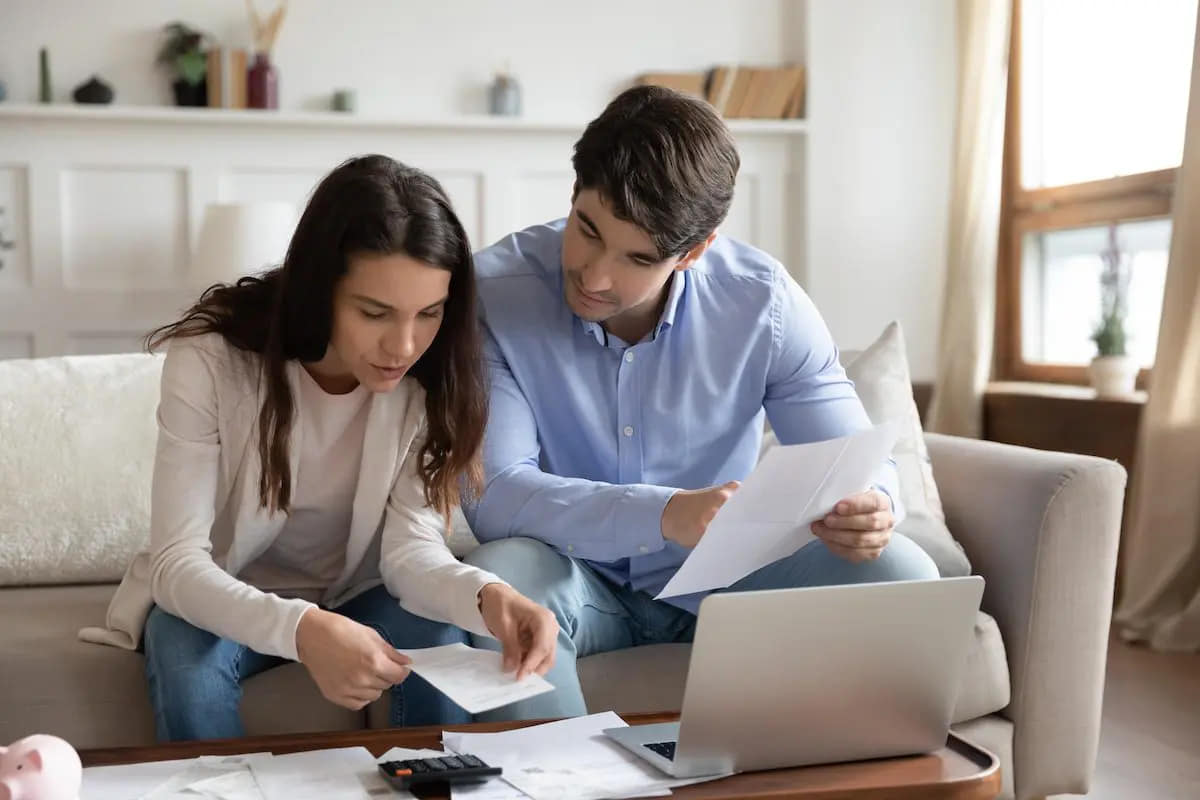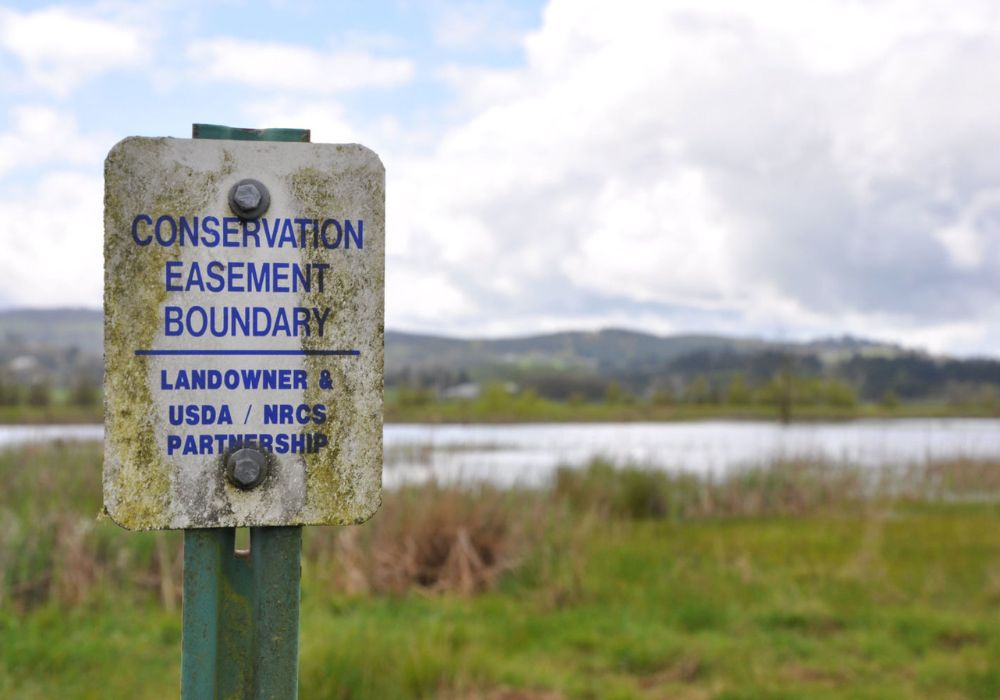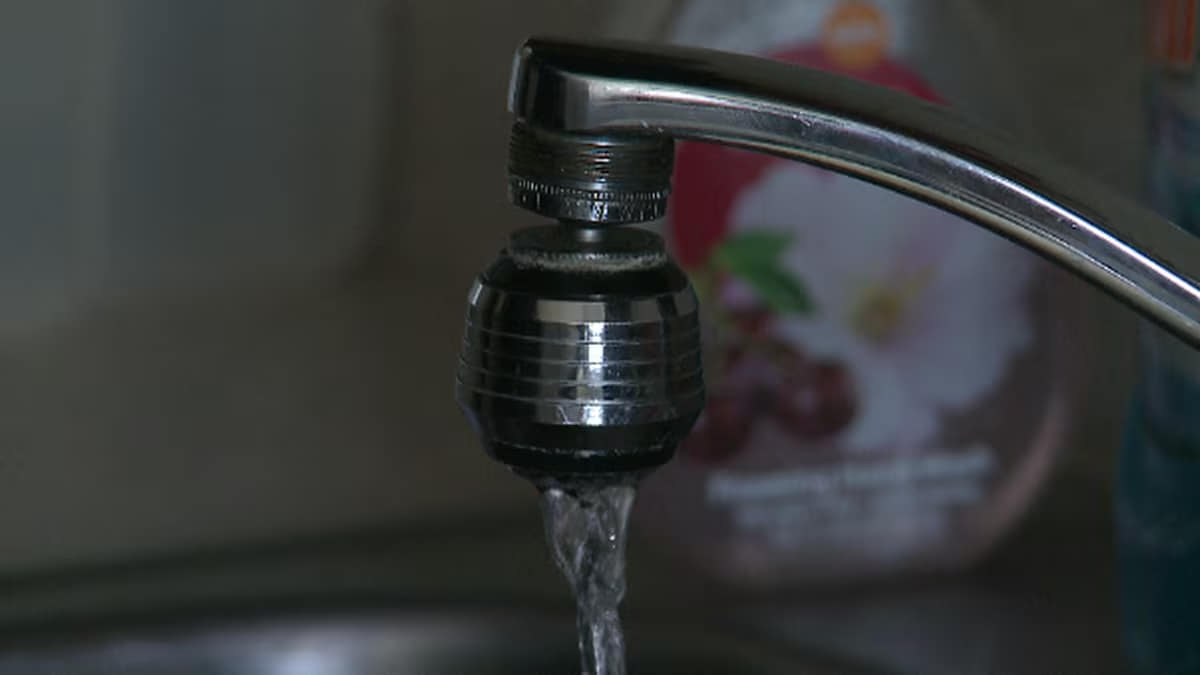As a landlord renting property in Alabama, it is important to understand the legal obligations and standards that must be met to provide safe and habitable housing for tenants. Alabama law requires landlords to maintain rental units in good condition and ensure they meet basic health and safety requirements.
In this article, we will discuss the specific provisions landlords must adhere to according to Alabama landlord-tenant law.
Habitable Living Conditions
Landlords are required to provide tenants with a rental unit that is safe, sanitary and fit for habitation. At a minimum, this means maintaining the property in a structurally sound manner and ensuring basic amenities like electricity, gas, heat and running water are provided.
Any plumbing, heating or electrical systems must be in proper working order. Windows and doors should properly lock for security. Additionally, rental properties must be kept free from health hazards and maintained to prevent the spread of mold, pests or other unsafe living conditions.
Related: What A Landlord Cannot Do In Texas?
Functional Appliances and Utilities

Alabama landlords are responsible for ensuring all appliances, fixtures and utilities within the rental property are functioning properly. This includes keeping water heaters, stoves, refrigerators and other appliances in good repair. Sufficient electricity, gas and water utilities also must be provided at all times. Landlords are required to promptly address any disruptions or outages to essential utilities serving the rental unit.
Proper Ventilation and Temperature Regulations
Ventilation and heating/cooling systems are particularly important for a rental property to remain habitable. Landlords must supply adequate ventilation, such as accessible windows that can be opened, to allow air flow. Rental units also must have a functional central heating system capable of maintaining a minimum temperature of 68 degrees during cold weather.
Air conditioning or another cooling method may be necessary during hotter months depending on the location.
Health and Safety Protections
Alabama landlords are responsible for the health and safety of their tenants. This means ensuring properties are maintained free of hazardous conditions. Smoke detectors and carbon monoxide detectors must be installed and functional.
Any known lead, asbestos or other environmental hazards on the property also must be properly disclosed in writing. Promptly addressing pest or mold issues is necessary to protect occupant well-being.
Maintenance Responsibilities
Ongoing maintenance is needed to fulfill a landlord's obligation to provide a habitable living space. This includes making all necessary repairs in a timely manner, such as fixing plumbing leaks, electrical issues, broken windows or other defects that could endanger tenants if unattended.
Preventative maintenance like lawncare and snow/ice removal may be stipulated in some rental agreements as well. Basic cleaning and unit turnovers between tenants also are responsibilities of Alabama landlords.
Tenant Access Regulations
Landlords must respect tenants' right to privacy. Alabama law requires giving at least 24 hours written notice before entering a rental unit, except in emergency situations. This allows occupants notice for any inspections, repairs or showings. Additionally, landlords cannot unlawfully lock tenants out of their home or shut off essential utilities in retaliation for complaints. Proper legal eviction procedures always must be followed to remove tenants from a property.
Conclusion
In summary, Alabama landlords are legally obligated to provide habitable rental units that satisfy health, safety and maintenance requirements. This ensures tenants have safe living conditions with functional amenities. Upholding standards for appliances, ventilation, utilities and repairs and respecting tenant privacy are essential responsibilities.
Maintaining rental properties in livable condition and adhering to state landlord-tenant laws helps establish healthy, positive landlord-tenant relationships.





